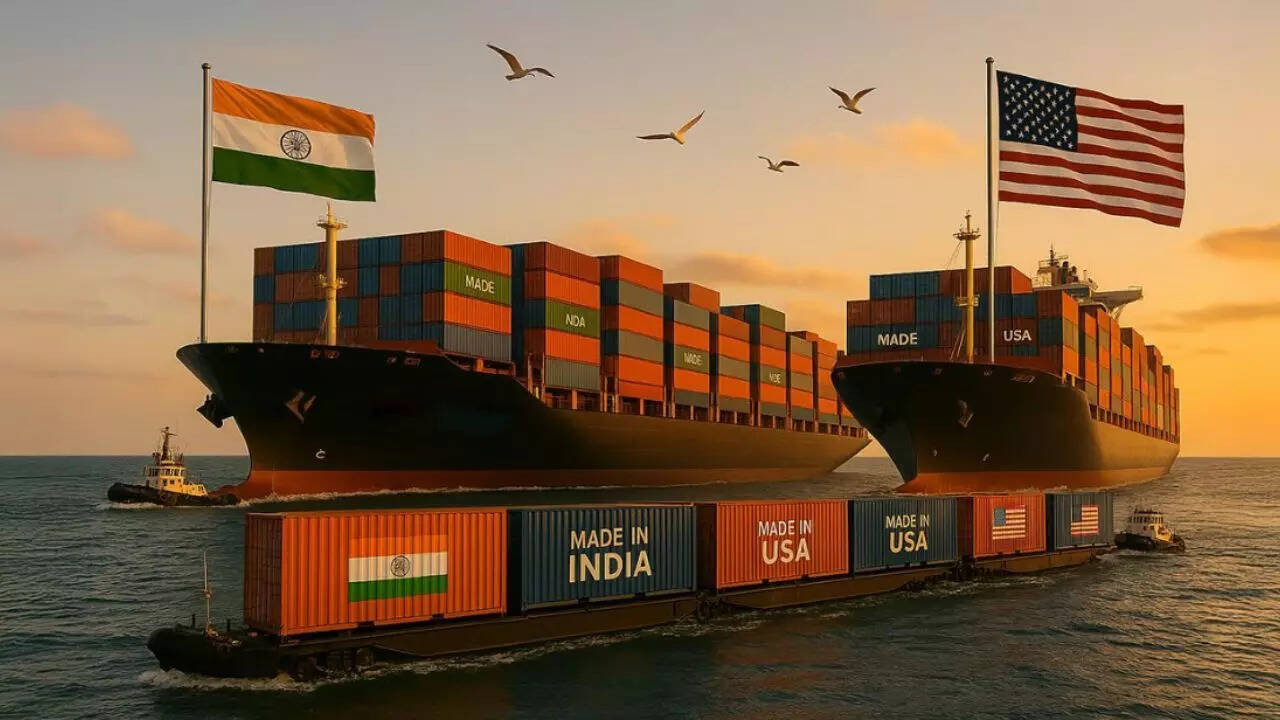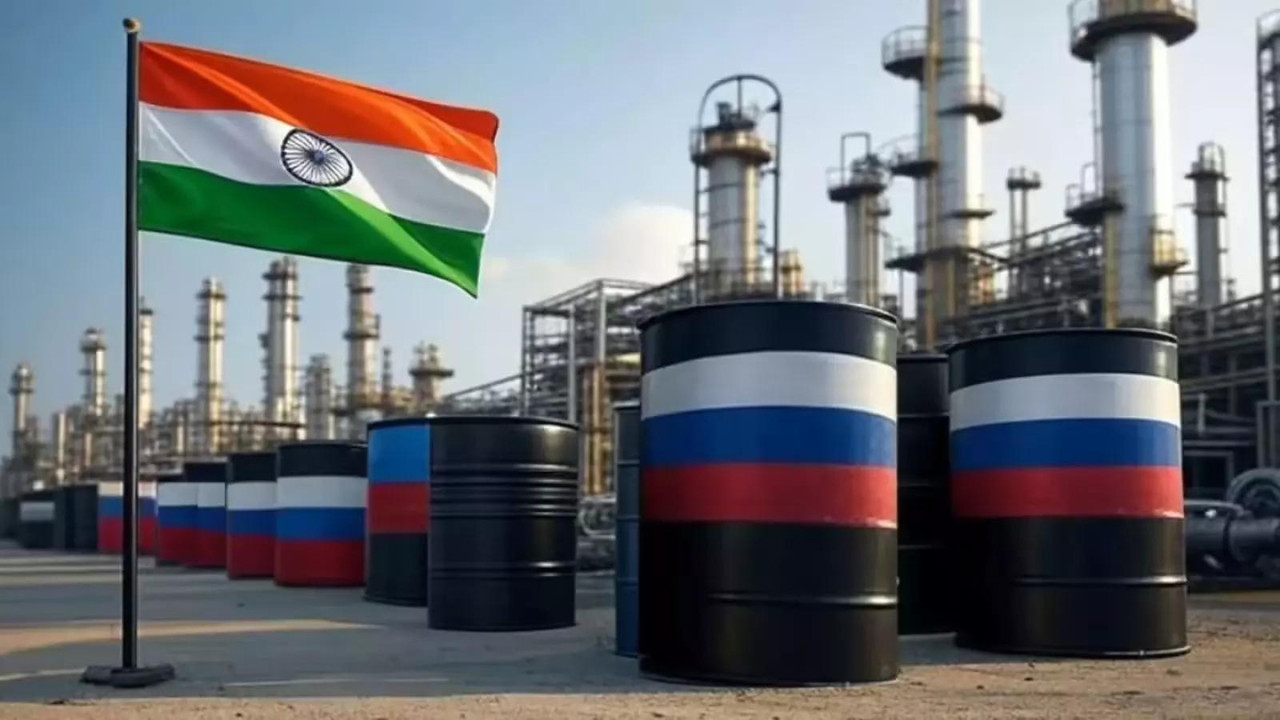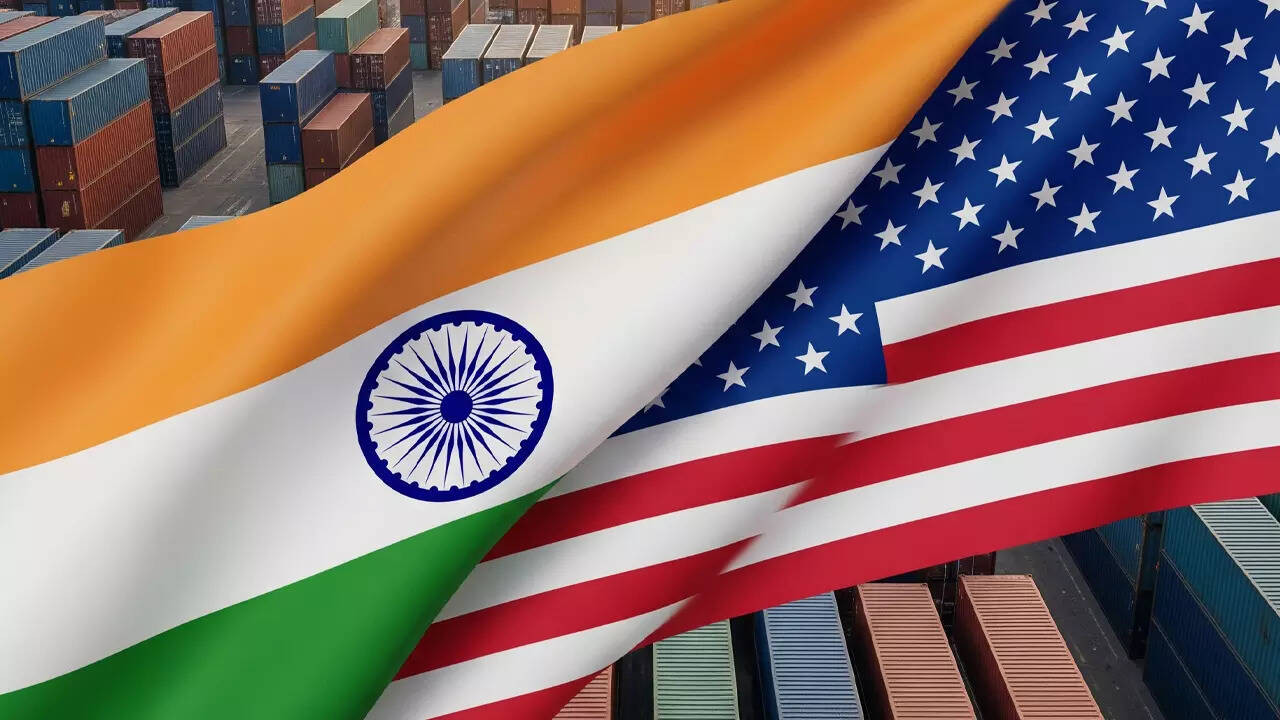Kerala’s Inflation Puzzle: More Than Just Gold and Coconuts
Kerala, often celebrated for its stunning landscapes and vibrant culture, is facing an economic enigma. August painted a worrying picture: a 9.32% inflation rate, far exceeding the national average. While headlines point fingers at gold prices and coconut oil, the full story is a bit more nuanced. It’s a cocktail of factors, a confluence of local market dynamics and broader economic currents that’s pushing prices skyward in the state.
#### The Golden Glare: Gold’s Impact on Kerala’s Economy
Kerala’s historical love affair with gold is no secret. It’s deeply ingrained in traditions, from weddings to festivals, and serves as a significant form of investment. Therefore, any fluctuation in gold prices reverberates strongly throughout the state’s economy. Recent surges in the price of gold have undeniably contributed to the inflationary pressure. With gold being such a significant part of Kerala households’ savings and expenditure, increases have a direct impact on personal finances, often tightening budgets and influencing purchasing decisions across other sectors.
However, to solely blame gold would be an oversimplification. It’s just one piece of a much larger economic puzzle. The state’s unique consumer patterns and reliance on specific commodities play a crucial role.
#### Coconut Conundrum: Why Coconut Oil Matters So Much
Coconut oil isn’t just a cooking ingredient in Kerala; it’s a staple, a tradition, and a significant part of the state’s identity. Like gold, changes in the price of coconut oil can ripple through the economy. Supply chain disruptions, weather patterns impacting coconut harvests, and increasing demand can all lead to price hikes, impacting household budgets and affecting related industries. When the cost of a daily necessity like coconut oil increases substantially, the impact is felt immediately and broadly, driving up the overall cost of living.
#### Beyond the Obvious: Other Inflationary Drivers
While gold and coconut oil grab headlines, several other factors contribute to Kerala’s high inflation. Transportation costs, for example, play a significant role. Kerala is heavily reliant on imports for many essential goods, and rising fuel prices inevitably translate into higher transportation costs, which are then passed on to consumers. Also, Kerala’s strong consumer culture and relatively high purchasing power, compared to some other states, can fuel demand and, subsequently, prices.
Furthermore, global economic headwinds are impacting the state. Fluctuations in global commodity prices, currency exchange rates, and international trade policies all play a role in shaping Kerala’s economic landscape. For instance, a weaker rupee makes imports more expensive, contributing to inflation.
#### What’s Next for Kerala’s Economy?
The Kerala government faces the difficult task of managing inflation while simultaneously fostering economic growth. Strategies like strengthening local production, diversifying the economy beyond traditional sectors, and promoting sustainable agricultural practices could help mitigate the impact of external price shocks. Investing in infrastructure to improve supply chain efficiency and reduce transportation costs is also crucial.
Another important aspect is empowering consumers with financial literacy. Helping people make informed purchasing decisions and manage their household budgets effectively can create resilience against inflation. This could involve initiatives promoting savings, responsible borrowing, and awareness of price fluctuations in essential commodities.
Thinking long-term, encouraging entrepreneurship and innovation, and creating a supportive ecosystem for small and medium-sized enterprises (SMEs) is key. A vibrant SME sector can generate employment opportunities and contribute to a more diversified and resilient economy, less vulnerable to the price volatility of specific commodities. You can learn more about supporting local businesses on our page dedicated to [economic development strategies](/economic-development).
Kerala’s inflation puzzle is complex, and solving it requires a multifaceted approach. While gold and coconut oil are significant pieces of the puzzle, a deeper understanding of the state’s unique economic dynamics and a proactive approach to addressing underlying issues are essential to pave the way for sustainable economic stability.








